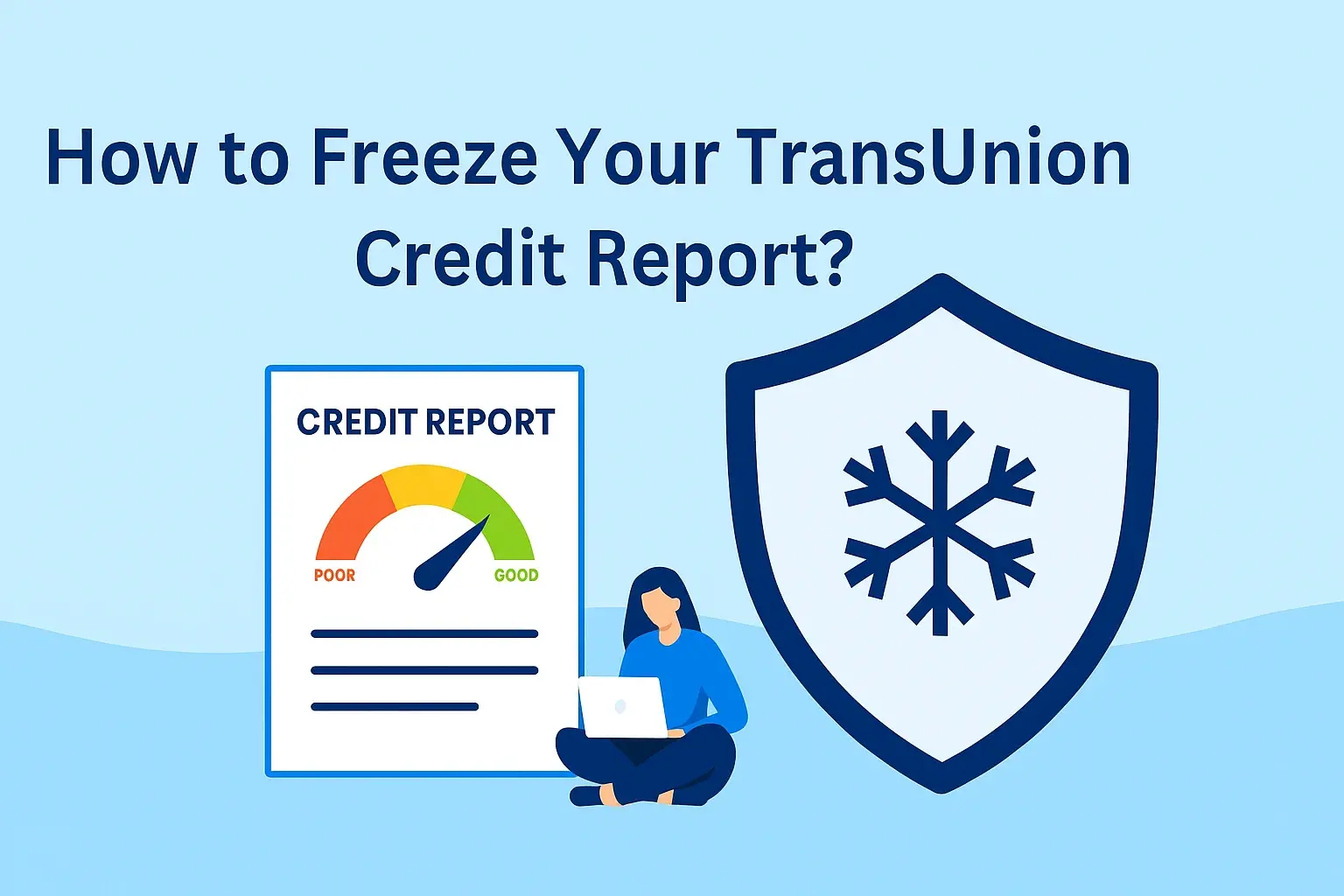-
Posted on: 30 Jul 2024
-
When an applicant for a loan or credit card completes a credit application, the lenders use the information provided in their credit report. Consumer reports are kept by three major consumer reporting agencies, Equifax, Experian, and Trans Union. These agencies gather details about consumer credit usage as well as payment abilities from different sources such as banks, credit card providers, collection agencies, and court records. This information is compiled into a detailed credit report to be used by credit grantors if they wish to.
Now that I know the difference between TransUnion and Equifax, do banks pay attention to the one you mentioned when they check your credit report? In general, the type of agency is not selected or singled out by the lenders since all three are used interchangeably. Instead, they will likely order a credit report that gives access to files from two or all three bureaus that offer them a balanced view of the credit history of the applicant. However, there might be differences in which lenders report to the agency or companies they have business relations with the credit bureaus.
Some of the things that will appear in the paperwork that is signed when applying for credit include statements that the lender may use one or more credit reporting agencies to obtain a credit report. As for the report they quoted, you may not know which bureau they used before running a credit check, but you can find out later which bureau they used by going over the inquiries section in your full Equifax, Experian, or TransUnion report.
Well, why does not every lender utilize only one of the credit bureaus? Using only one report could mean that some details might have changed or been reported only to one of the other agencies and hence would not be seen. This is because creditors do not have to report the details of the consumer accounts to all three credit bureaus and hence there may be slight differences between what Equifax, TransUnion, and Experian contain about the consumer accounts. The overall evaluation of the credit utilization ratio is most comprehensive when checking several reports.
Even the scoring models applied to the credit scoring system to reach your credit score may also differ among the three credit bureaus. The score you see in Equifax will not necessarily be the same as the one you see in TransUnion or Experian. The score from one agency can be compared to that of another to determine whether there are significant differences that require further examination.
Although none of the banks have a preference for either TransUnion or Equifax being used more, some small regional level lenders or credit unions might have a leaning towards one over the other, and this is most likely to be due to factors of cost. The large nationwide banks, major issuers, and Internet-based lenders, nevertheless, are likely to contact both Equifax and TransUnion, apart from Experian, each time you apply for their credit products.
In this case, as a consumer, it is advantageous to have a good credit standing with all the three major national credit reference agencies, Equifax, TransUnion, and Experian, so that whichever report a lender accesses the credit history of the consumer is well articulated and coherent across the three agencies. This is the best way to ensure and build good scores with all the agencies since having the records of the payment pattern and amounts owing managed in the same way by the consumer over time will show that the consumer is a responsible user of credit.
It can also be useful to check the current credit reports you receive from the three major credit bureaus you may have informational and procedural errors to correct before you apply for credit again. To ensure that there is no negative information appearing in your Equifax and TransUnion files as well as Experian, it is important to periodically check on the information on your reports to make sure that all information appearing thereon is complete, current most importantly, accurate.
Even though Equifax, together with TransUnion, and Experian work for lenders, and the latter supplies the former with all the necessary information to draw any report, both Equifax and TransUnion, along with Experian, are heavily involved in recording and accumulating the history of consumer’s credit usage that is of interest to banks. The best strategy with regards to credit is making sure your credit is in good standing and ensuring files with each bureau are checked on is a wise thing when dealing with potential creditors. Thus, it is crucial to make sure that there are no negative items in Equifax or TransUnion reports before submitting credit reports; this way, individuals can portray the best image of the way they handle their credit regardless of the bureau used by the lender.
Call (888) 803-7889 today to repair your credit and secure your financial future!









